In 2022, Dr Ariane Utomo introduced a photo diary method to accompany the data collection process of the household census (Activity 2) for the Next Generation Agricultural Extension: social relations for practice change project. This method was introduced to develop the critical thinking skills of our research project officers in terms of how we as researchers experience and shape the topic of rural livelihoods and the method of household census.
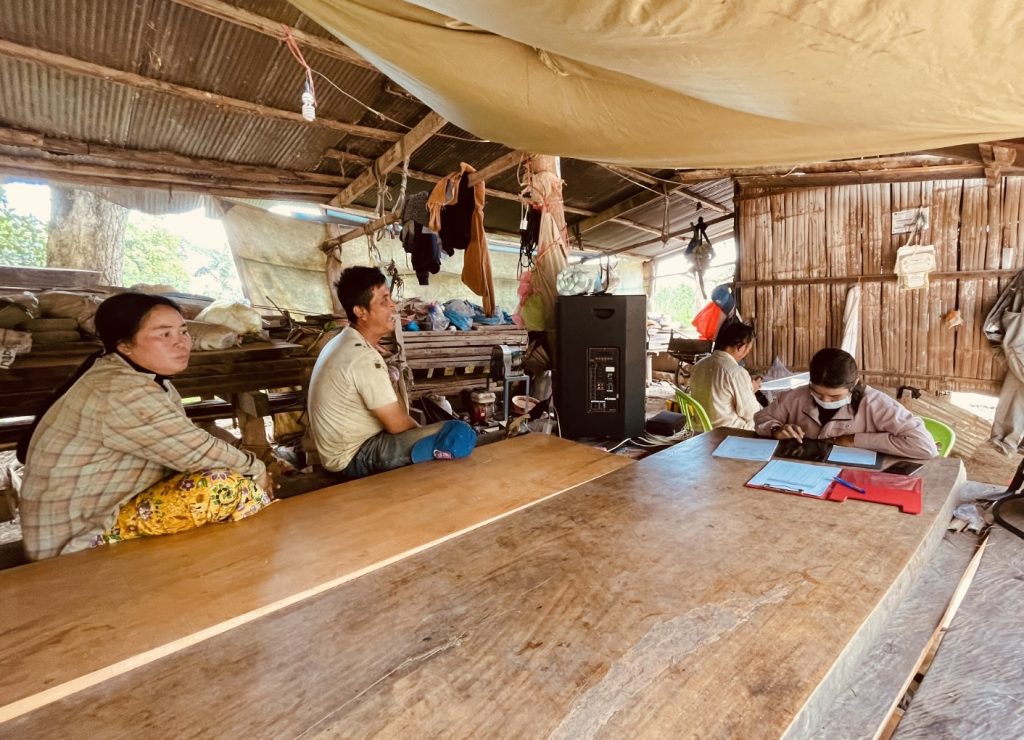
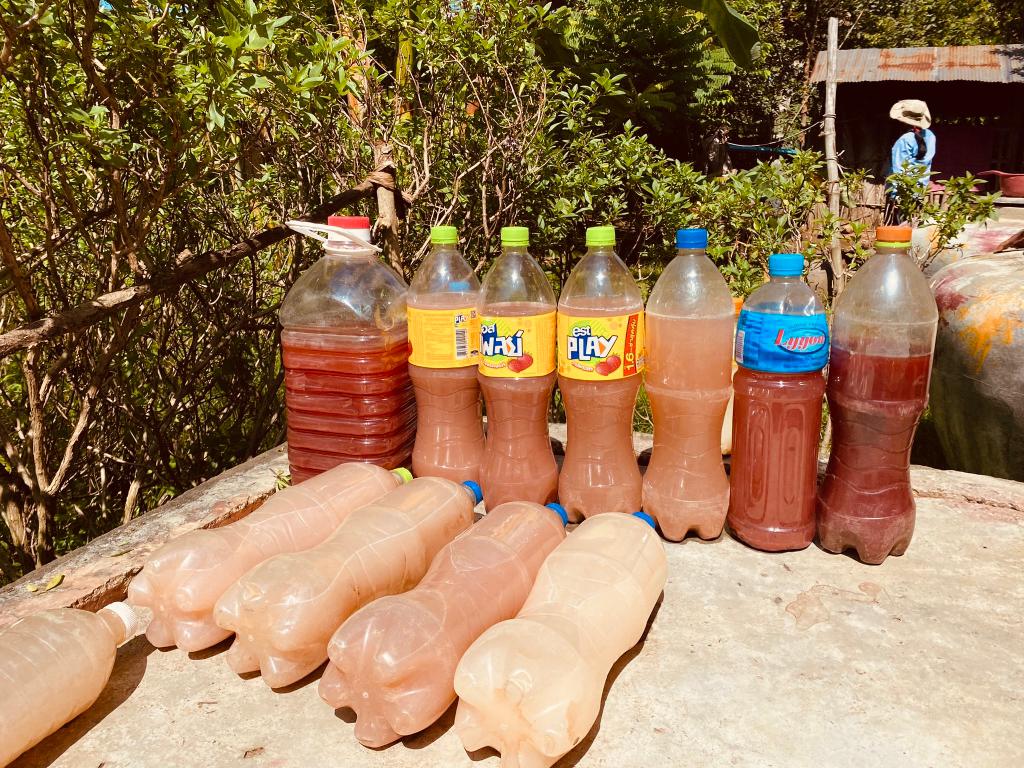
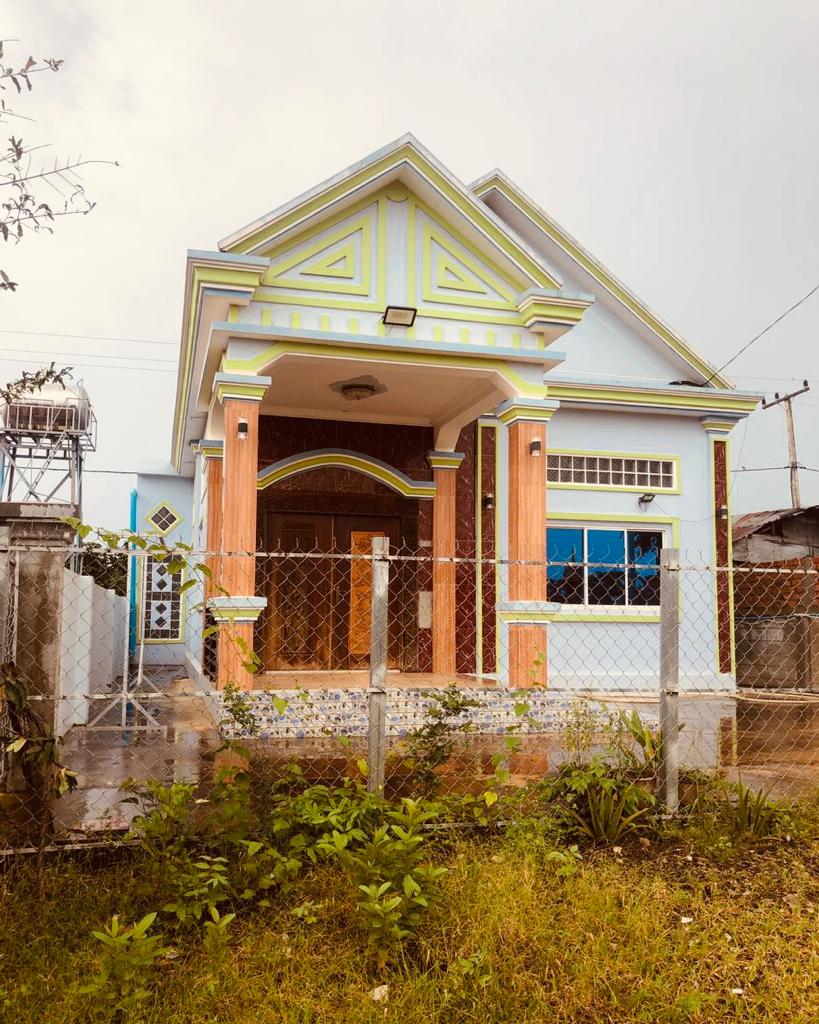
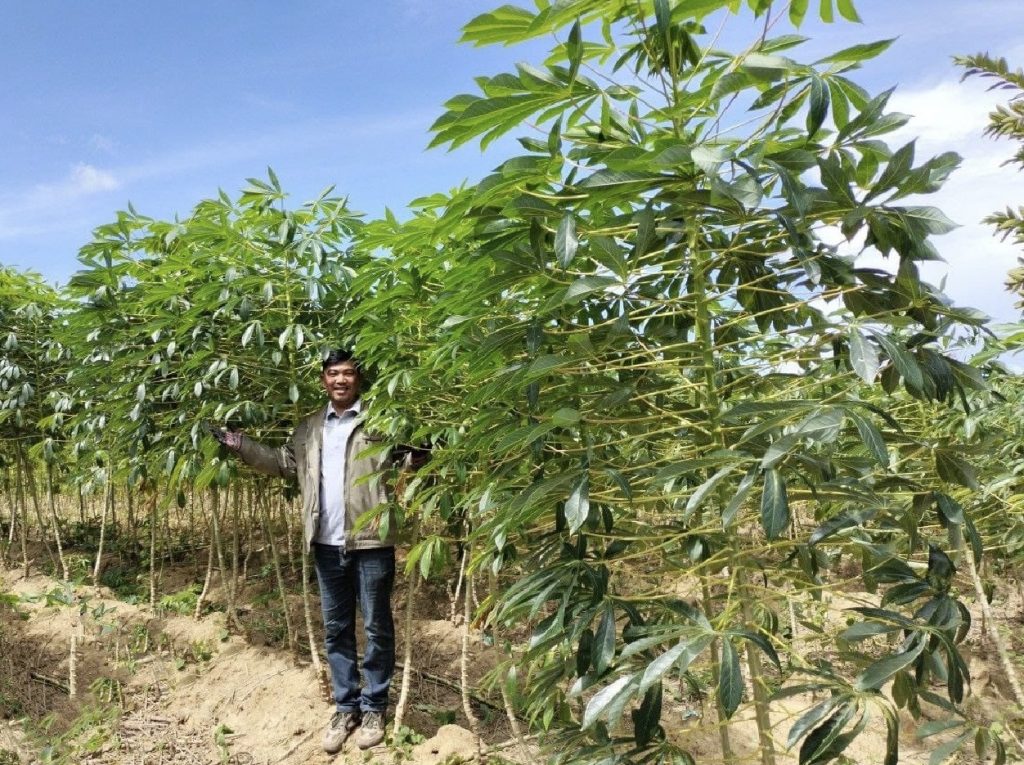
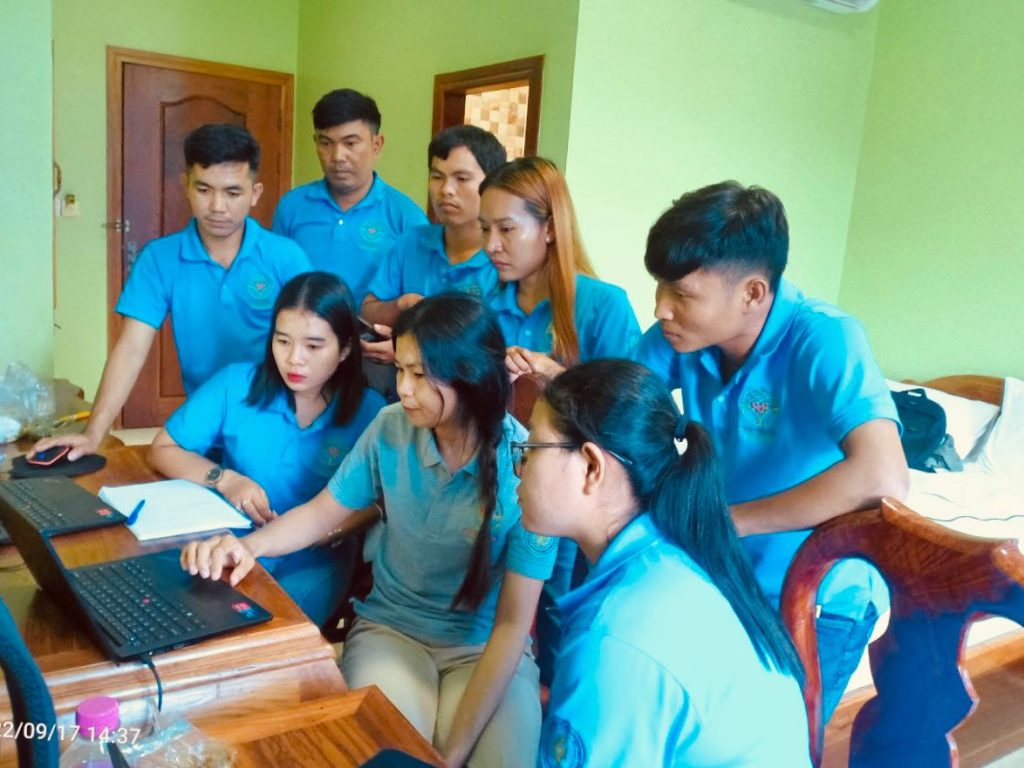
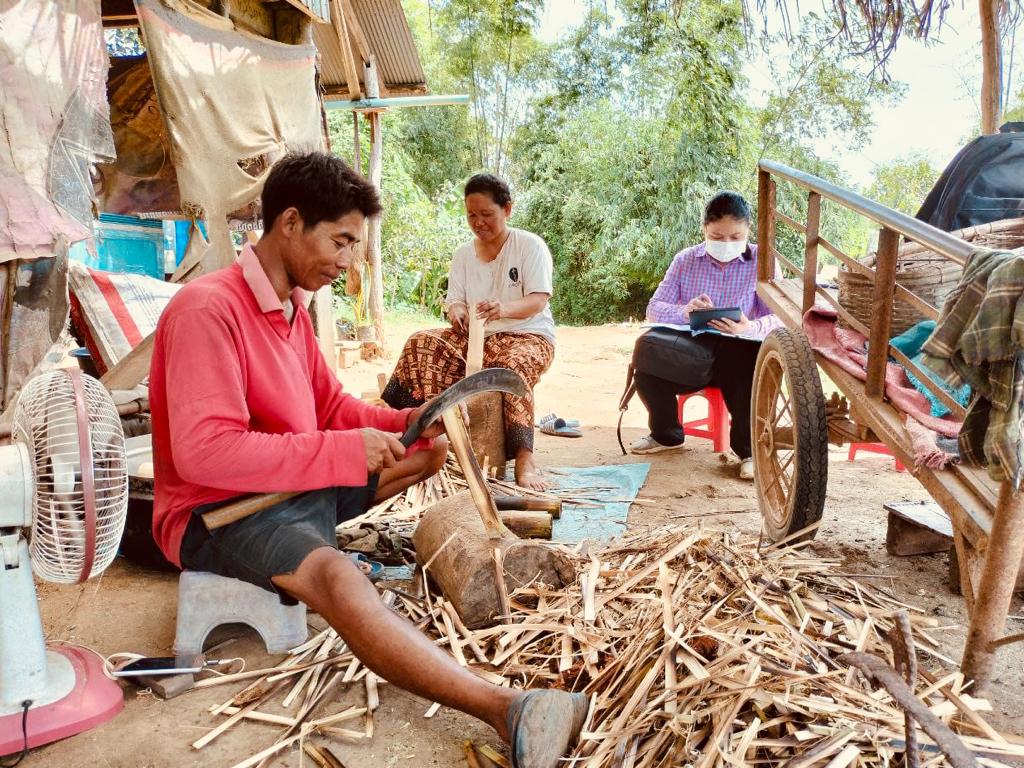
The activity was a form of photo-documentation, that is, a researcher taking a series of photographs to document and analyse a particular visual phenomenon (the lives of rural households). We have used photo-documentation as a way to understand social relations in rural spaces.
As Rose (2016) notes, photographs can convey something of the feel of places, spaces and landscapes. They capture a sensory richness and human inhabitation or environments. Although they cannot convey sounds, they suggest layouts, colour, texture, form, size and pattern. They also can give us insights into how social relations are produced by, and produce rural livelihoods.
Every 2 weeks we held a Photo Diary Session with research team members from Australia and Cambodia joining online. Each research project officer would present his/her photo for the session. The presentations described a photo which visualised anything related to the data collection process or related to the researcher during the data collection process. For example, photos could be of field sites, respondents, a respondent’s house, farms, people, the surrounding environment, modes of travel or the researcher themselves.
The researchers shared where and when the photo was taken and why they decided to share it with the team. Other research team members asked questions and gave feedback. From one photo and one story, multiple perspectives arose. One researcher might focus on price fluctuations, whereas another researcher might focus on the environmental influences, and yet another on gender and caring responsibilities. It was a layered process of meaning making.
These sessions have been invaluable to bring to the fore the voices and stories of farmers. Equally they have enabled the research team to reflect on and share the data collection process, to ask curious questions about the research and the role of researchers, and to identify key themes for the project.